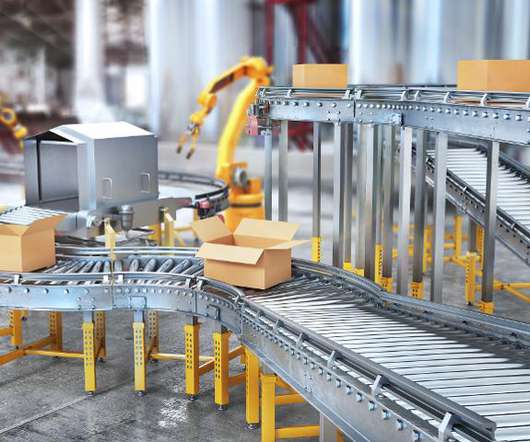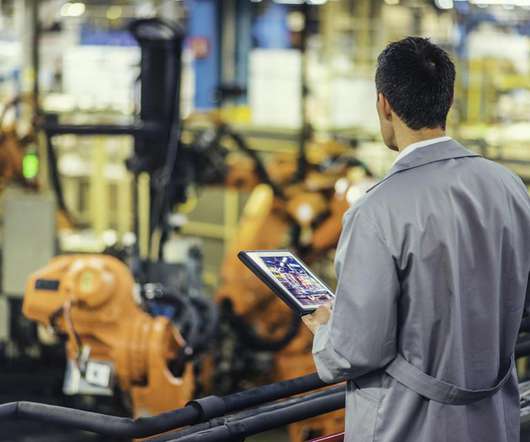How Tax Policy Encourages Firms To Invest In New Technology
The Horizons Tracker
JUNE 21, 2022
While the flurry of stories on the topic seems to have accelerated in recent years, especially since Frey and Osborne’s notorious 2013 study of the topic, the evidence to date is that robots generally haven’t been “taking our jobs” at all. Complementary investment.











Let's personalize your content